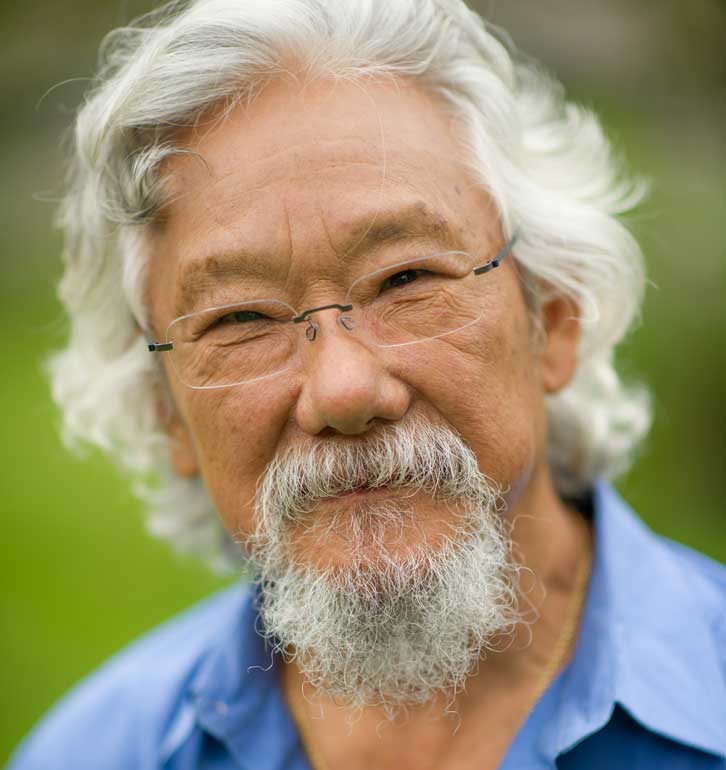Clare Jenkins
Experts are divided on the future of the environmental movement following David Suzuki’s admission to the CBC that in his opinion, the movement has failed.
Suzuki told the CBC that we are no better off than when the modern environmental movement began in the 1960s.
“Hundreds of thousands of species no longer exist,” said Suzuki.
Only 20 per cent of the world’s forests still exist. Land and air is filled with toxic chemicals.
“We fundamentally failed as environmentalists…Because we haven’t fundamentally changed the way we see ourselves in the world.”

David Suzuki speaks at 2014 Blue Dot Tour (Courtesy of the David Suzuki Foundation
Photo: Dustin Silvey/Ashleigh Benton)
Clifford Maynes, Executive Director of Green Communities Canada, said it’s too soon to say environmentalism has failed.
“It’s better to say we haven’t succeeded fully, yet,” Maynes told Humber News.
Many of the positive environmental milestones that have happened over the last 60 years, including improvements in waste management and the banning of the use of pesticides on lawns, he said.
“I think for those of us who have been in this game for decades, we can see some major indicators of changes in attitudes and standards.”
Maynes also said he remains hopeful for the future of the environment because of the raise in public awareness and knowledge about the issues and the severity of the situation.

Clifford Maynes, Executive Director of Green Communities Canada, said he remains hopeful because of the general rise in interest in environmental issues such as climate change. (Courtesy Flickr user klem@s)
“We’re not moving as quickly as we ought to be towards the goal but it’s accepted, understood, acknowledged by the public and in government plans and policies,” said Maynes. “We can see a real shift in public awareness and knowledge and in official government policy.”
Maynes said he remains hopeful because of the general rise in interest in environmental issues, such as climate change and sustainability outside of the environmental community.
“One of the things that give me optimism is that environmental issues are no longer just a concern of environmentalists. Many engineers and tactical people are focused on practical solutions as well,” he said.
Franz Hartmann, the Executive Director of the Toronto Environmental Alliance, said he has a different opinion.
“Our failure was in not understanding how difficult change is and how much work is required, not necessarily a failure of effort. There has been a lot of effort,” Hartmann said.
According to Hartmann, a large part of the lack of development is that environmental development is not attractive because it isn’t profitable.
“Environmentalism failed to develop an alternative society where we do more than chase the almighty dollar.”
Hartmann said he isn’t surprised in society’s failure to win the battle between probability and sustainability.
“I think perhaps where we failed is that we haven’t brought about the kind of transformation that we need to happen but we’re up against a pretty powerful system that has been around for hundreds of years,” he said.
However, Hartmann has some hope for the future because of the general rise in awareness about the future of the Earth.

Efforts to raise awareness about climate change have sparked marches around the world. (Courtesy Joe Brusky)
“Modern environmentalism started in the 1960’s and we now have a level of consciousness amongst people around environmental issues that didn’t exist prior to the late 1960s,” he said.
Suzuki spoke of his ongoing efforts trying to stop a plan to evict protesters against a dam on the Peace River in British Columbia.
“Thirty years ago we fought that same battle and won. We thought,” he told the CBC.

